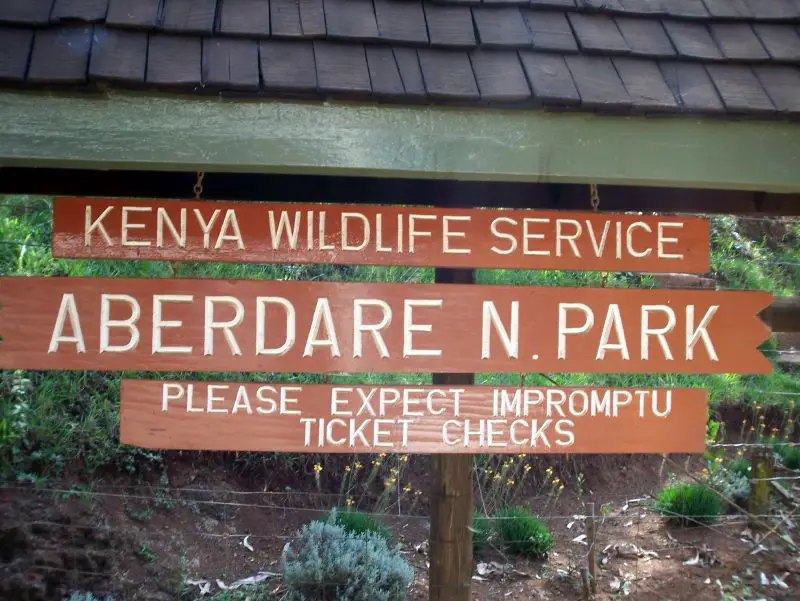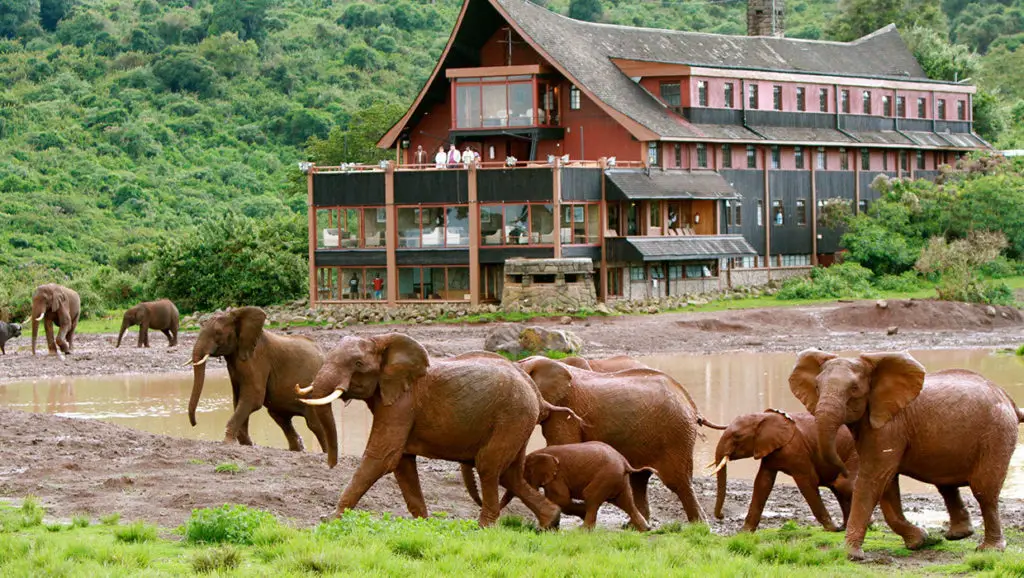Education in Moyale Town, Kenya, faces unique challenges and opportunities due to its remote location on the Kenya-Ethiopia border. The town’s educational landscape is characterized by a mix of public and private institutions, ranging from primary schools to a limited number of secondary and vocational training centers.
Despite progress in recent years, education in Moyale continues to grapple with issues such as limited resources, cultural barriers, and the impact of the semi-nomadic lifestyle of many residents.
What types of educational institutions are available in Moyale?
Moyale offers several types of educational institutions:
- Public primary schools
- Private primary schools
- Public secondary schools
- Private secondary schools
- Vocational training centers
- Adult education centers
- Early childhood development centers
How many schools are there in Moyale?
The exact number of schools can fluctuate, but as of recent data:
- Primary Schools: Approximately 20-25
- Secondary Schools: 5-7
- Vocational Training Centers: 2-3
- Adult Education Centers: 1-2
These numbers are subject to change based on government initiatives and private sector involvement.
What is the literacy rate in Moyale?
The literacy rate in Moyale is below the national average:
- Estimated literacy rate: 60-65%
- Male literacy rate: Slightly higher than female
- Youth literacy rate: Higher than older generations
Efforts are ongoing to improve literacy through formal education and adult learning programs.
What challenges does education face in Moyale?
Education in Moyale faces several challenges:
- Limited infrastructure and resources
- Teacher shortages and high turnover rates
- Cultural barriers, especially for girls’ education
- Impact of semi-nomadic lifestyles on consistent attendance
- Language barriers (multiple local languages)
- Poverty affecting school attendance and completion
- Limited access to higher education institutions
- Occasional disruptions due to border conflicts
How does the government support education in Moyale?
The government supports education in Moyale through:
- Free primary education policy
- Subsidized secondary education
- Teacher deployment programs
- School feeding programs in some institutions
- Infrastructure development projects
- Curriculum development and standardization
- Adult education initiatives
What is the student-teacher ratio in Moyale schools?
The student-teacher ratio in Moyale varies but is generally high:
- Primary Schools: Approximately 40:1 to 50:1
- Secondary Schools: Approximately 35:1 to 45:1
These ratios are higher than the national average and can impact the quality of education.
How does girls’ education fare in Moyale?
Girls’ education in Moyale faces additional challenges:
- Lower enrollment rates compared to boys
- Higher dropout rates, especially in upper primary and secondary levels
- Cultural barriers, including early marriages
- Lack of adequate sanitation facilities in some schools
- Limited female role models in education and professional fields
Efforts are being made to promote girls’ education through awareness campaigns and targeted interventions.
What languages are used for instruction in Moyale schools?
The languages of instruction in Moyale schools are:
- Primary level (lower grades): Local languages (e.g., Borana) and Swahili
- Primary level (upper grades): English and Swahili
- Secondary level: Primarily English, with Swahili as a subject
How does Moyale’s education system compare to the national standard?
Comparison of Moyale’s education system to the national standard:
| Aspect | Moyale | National Average |
|---|---|---|
| Literacy Rate | 60-65% | 78% |
| Primary School Enrollment | 75-80% | 90% |
| Secondary School Transition | 50-55% | 70% |
| Student-Teacher Ratio (Primary) | 45:1 | 40:1 |
| Girls’ Enrollment Rate | Lower | Higher |
| Access to Digital Learning | Limited | Moderate |
| Number of Higher Education Institutions | 0 | Multiple in urban areas |
What vocational training opportunities are available in Moyale?
Vocational training opportunities in Moyale include:
- Carpentry and woodwork
- Masonry and construction
- Tailoring and dressmaking
- Basic computer skills
- Automotive repair
- Hairdressing and beauty therapy
- Agriculture and livestock management
These programs aim to provide practical skills for local job markets and self-employment.
How does the nomadic lifestyle of some residents affect education in Moyale?
The nomadic lifestyle affects education in Moyale in several ways:
- Inconsistent attendance as families move with livestock
- Challenges in long-term educational planning for nomadic children
- Need for flexible and mobile education solutions
- Cultural emphasis on traditional knowledge over formal education
- Difficulty in teacher retention in schools serving nomadic communities
What initiatives are in place to improve education in Moyale?
Several initiatives aim to improve education in Moyale:
- Mobile schools for nomadic communities
- Boarding facilities for students from remote areas
- Scholarships and bursaries for underprivileged students
- Teacher incentive programs to attract and retain qualified educators
- Community awareness campaigns on the importance of education
- Partnerships with NGOs for educational support and resources
- Adult education programs to improve overall literacy
How does technology integrate into education in Moyale?
Technology integration in Moyale’s education system is limited but growing:
- Some schools have computer labs, though often with outdated equipment
- Mobile phones are increasingly used for educational purposes
- Limited internet connectivity hampers widespread digital learning
- Some initiatives to introduce tablets and e-learning materials
- Radio education programs reach remote areas
- Efforts to train teachers in basic ICT skills
What higher education opportunities are available in Moyale?
Higher education opportunities directly in Moyale are very limited:
- No universities or colleges within the town
- Some distance learning programs available through Kenyan universities
- Nearest higher education institutions are in larger towns like Marsabit or Isiolo
- Scholarships and sponsorships available for students to study in other parts of Kenya
How does special needs education fare in Moyale?
Special needs education in Moyale is underdeveloped:
- Limited facilities and resources for students with disabilities
- Few trained special education teachers
- Lack of proper assessment and early intervention programs
- Some integration efforts in regular schools, but often inadequate
- Cultural stigma can affect enrollment of children with special needs
What role do private schools play in Moyale’s education system?
Private schools in Moyale play a significant role:
- Offer an alternative to overcrowded public schools
- Often have better resources and facilities
- Typically maintain lower student-teacher ratios
- Some offer boarding facilities for students from remote areas
- Tend to have higher fees, limiting accessibility for many families
- Often perform better in national examinations
How does adult education function in Moyale?
Adult education in Moyale aims to improve literacy and skills:
- Evening classes for basic literacy and numeracy
- Programs targeting women to improve their educational levels
- Vocational training for adults to enhance employability
- Collaborations with local businesses for practical training
- Challenges include limited resources and inconsistent attendance
What is the role of community involvement in Moyale’s education?
Community involvement is crucial in Moyale’s education system:
- Parent-teacher associations play an active role in school management
- Community leaders advocate for educational improvements
- Local businesses sometimes provide internships or job training
- Community fundraising efforts support school development projects
- Elders and community members often invited to share traditional knowledge
How does the cross-border nature of Moyale affect its education system?
Moyale’s position on the Kenya-Ethiopia border influences its education system:
- Some students cross the border daily for schooling
- Occasional disruptions due to border tensions
- Opportunities for cultural exchange and language learning
- Challenges in curriculum alignment between Kenyan and Ethiopian systems
- Potential for international cooperation in educational initiatives
What is the future outlook for education in Moyale?
The future outlook for education in Moyale is cautiously optimistic:
- Increasing government focus on improving education in marginalized areas
- Potential for more NGO and international support
- Growing awareness among communities about the importance of education
- Opportunities for innovative solutions like mobile and digital learning
- Challenges remain in infrastructure development and resource allocation
- Success will depend on addressing cultural barriers and improving retention rates
- Potential for cross-border educational initiatives with Ethiopia
In conclusion, education in Moyale Town, Kenya, presents a complex picture of challenges and opportunities. While facing significant hurdles such as limited resources, cultural barriers, and the impacts of a semi-nomadic lifestyle, there are ongoing efforts to improve and expand educational opportunities.
The town’s unique border position offers potential for cross-cultural educational exchanges, while also presenting unique challenges. As Moyale continues to develop, education will play a crucial role in shaping the future of its young population and contributing to the overall development of this strategically important border town.



